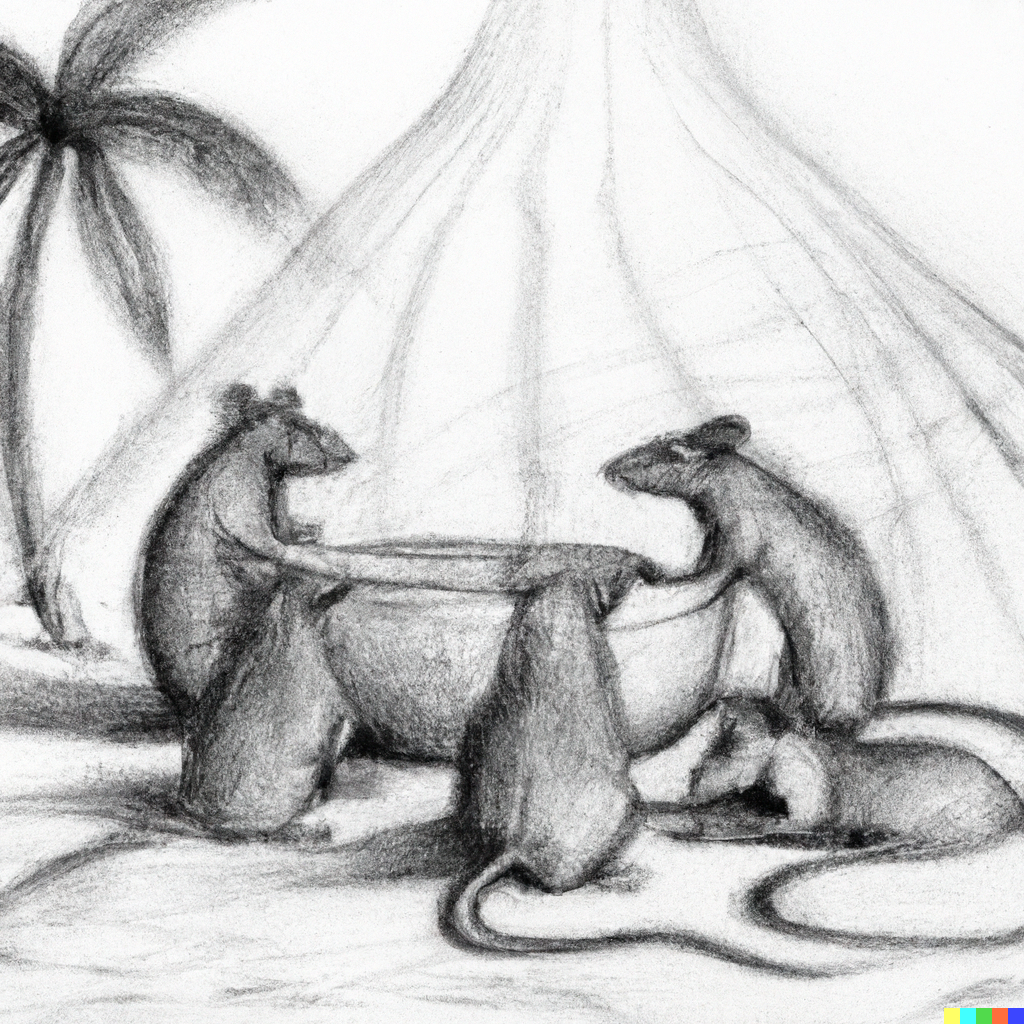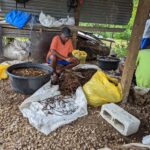Summary of: Safety of Ethanolic Kava Extract: Results of a Study of Chronic Toxicity in Rats. By Sorrentino et al. 2006
Citation: Sorrentino, L., A. Capasso, and M. Schmidt. 2006. “Safety of Ethanolic Kava Extract: Results of a Study of Chronic Toxicity in Rats.” Phytomedicine: International Journal of Phytotherapy and Phytopharmacology 13 (8): 542–49. https://doi.org/10.1016/j.phymed.2006.01.006.
Fast Summary:
- The paper titled “Safety of ethanolic kava extract: Results of a study of chronic toxicity in rats” by L. Sorrentino, A. Capasso, and M. Schmidt, published in Phytomedicine (2006), investigates the chronic toxicity of ethanolic kava extract in rats, and concludes they were non-toxic.
Full Summary:
Background and Objective
Kava extract preparations, derived from the roots of the Piper methysticum plant, have been a subject of debate within the scientific community, particularly concerning their potential liver toxicity. This issue gained prominence when German health authorities imposed a ban on Kava and Kava-derived products in 2002, citing suspected liver toxicity as the primary reason. Despite this, numerous studies have failed to conclusively demonstrate any liver toxicity associated with Kava preparations. Given this backdrop, the primary objective of this study is to rigorously test the chronic toxicity of an ethanolic full extract of Kava in a controlled animal model, specifically rats.
Introduction
Kava and its derivatives have been consumed for centuries, particularly in the South Pacific island states, and are generally considered safe for human consumption. However, the ban in Germany has cast a shadow over its safety profile. Previous studies have not been able to definitively prove that Kava preparations are toxic, thereby necessitating further research. This study aims to fill this gap by evaluating the chronic toxicity of an ethanolic Kava extract, focusing on its long-term effects on liver function and other physiological parameters.
Methods
The study employed Wistar rats of both sexes as test subjects. These rats were administered either 7.3 mg/kg or 73 mg/kg body weight of ethanolic Kava extract for periods of 3 and 6 months. A comprehensive set of tests was conducted on the animals, including assessments of changes in body weight, hematological and liver parameters, and macroscopic and microscopic histological examinations of major organs.
Results
The results were unequivocal: no signs of toxicity were observed in the rats subjected to Kava extract. There were no significant differences in body weight, hematological or biochemical parameters, or organ weights across all test groups. Although slightly elevated levels of AST, ALT, and cholesterol were observed in male rats in the higher dosage group, these values remained within the normal range and are not considered clinically relevant. Furthermore, no macroscopic abnormalities were detected in any of the examined organs, and only minor pathological findings of inflammatory or degenerative origin were observed.
Discussion
The findings of this study are significant for several reasons. Firstly, neither the 3-month nor the 6-month daily oral application of kavalactones showed any signs of toxicity in the rats. This suggests that the ethanolic Kava extract is non-toxic under the experimental conditions used in this study. Secondly, the dosage range and duration of the study are relevant for long-term human use, providing a robust basis for the safety of Kava consumption. Lastly, these results do not support the suspicion of potential liver toxicity, which has been a point of contention for years.
Conclusion
In summary, the results of this study are in line with both the medical literature and the long-standing tradition of Kava consumption in the South Pacific. Specifically, the study found no evidence to support the suspicion of potential liver toxicity associated with Kava extracts. This adds a significant layer of evidence to the ongoing debate about the safety of Kava and may warrant a re-evaluation of the existing bans and restrictions on Kava products.
Notes:
- The paper provides a comprehensive examination of the chronic toxicity of ethanolic kava extract in rats, concluding that the extract is non-toxic and does not support the suspicion of liver toxicity. The study’s findings contribute to the ongoing discussion about the safety of kava and kava-derived products.


